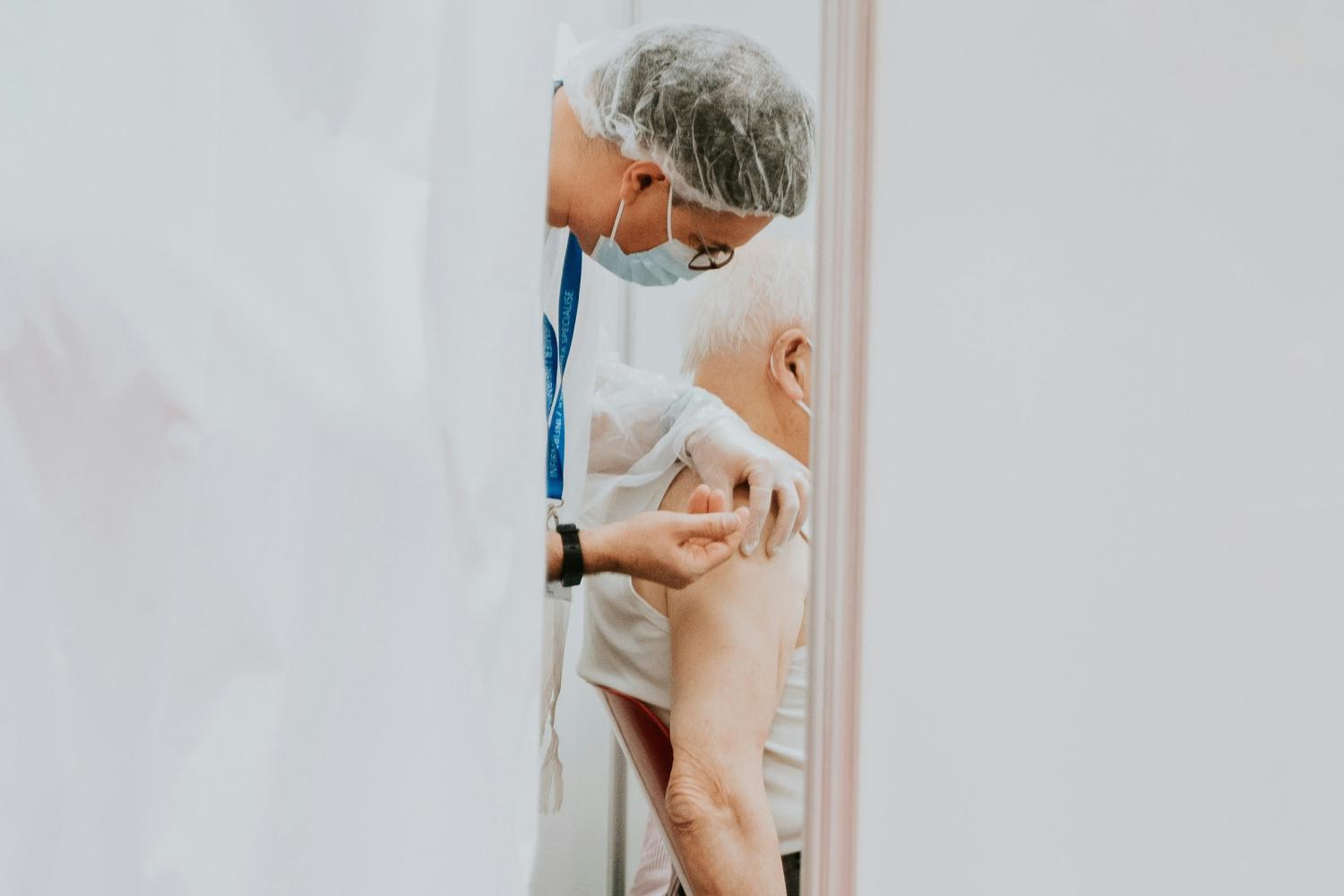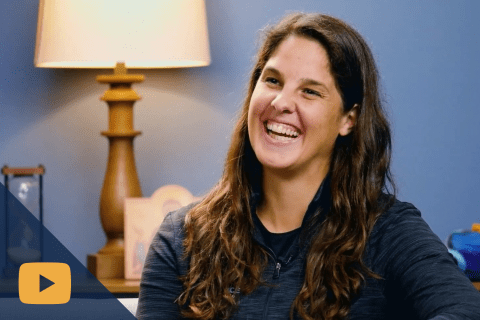
Those who enter the medical field have a passion for science and an even greater passion for serving others. They often display heroic zeal in bringing care and compassion to those in need. And while the aim of medicine is to give patients greater physical health and strength, there is much more that doctors and nurses can offer to the sick and suffering. Medical providers exercise great influence over those whom they serve, particularly when providing a diagnosis or future prognosis. With this influence comes the opportunity to speak into holistic realities, not simply in regard to physical treatments, but also to what will aid the mental, emotional, and spiritual health of their patients.
To be sure, medical providers have limited time to offer patients on their road to recovery. Yet despite their limited time, the influence they can provide is not negligible. Bringing the healing gifts of Christ to the sick does not only include diagnosing an ailment, fixing a bone, or writing a prescription. The Lord’s healing gifts can be extended by words of sympathy and encouragement, a gentle touch of compassion, an inquiry into a patient’s fears, and even an invitation to public prayer for one’s needs and intentions. Such care goes beyond the physicality of scans or charts and reaches the depths of the human experience.
Christian medical providers know that their service and the gifts of modern medicine extend the healing mission of Christ, who commissioned others to “cure the sick, raise the dead, cleanse lepers, and drive out demons” (cf. Matthew 10:8). Christ performed wondrous miracles and brought comfort to countless people who encountered His healing touch and loving gaze of compassion. The healings that He performed confirmed His identity as the Son of God and gave proof of the arrival of the Kingdom of God. Those who to serve in His name continue to extend His mission to those in need.
Yet the Lord did not heal everyone during His time on earth, nor does He automatically heal everyone today. For those who do not receive an immediate cure for their ailments, Christ’s own sufferings can direct us to find a deeper meaning in the crosses that we carry. Jesus did not avoid suffering, and in fact, willingly entered into it so that the supreme witness of love could be displayed for all the world. Through the cross, He was victorious over sin and death and gave humanity the hope of eternal life with new meaning to the reality of suffering. To this day, the cross remains an opportunity to be configured more deeply to Him, in the ways that each of us must carry it. Sufferings that cannot be avoided can be offered to God for one’s own spiritual benefit and for the good of the entire Church. Our struggles are never pointless nor should they leave us feeling alone and isolated. Suffering can always be ordered toward the good of others, thereby leading us into a deeper communion of persons beyond our physical limitations.
With this in mind, hospitals are not simply arenas for doctors and nurses to “fix” people through science. The advances of medicine are impressive and we should remain grateful that God has allowed these breakthroughs as we unlock the deep mysteries of the human body. Yet medicine should not be reduced to a project of solving the sufferings of others, for in doing so, we miss the opportunity to encounter the full depths of someone in his or her weakness. We will also miss the chance to invite someone to unite their sufferings to those of Christ, allowing for spiritual growth to occur even while striving for improved physical health.
Medical providers are given great influence over those whom they serve. Their patients often cling to the words they say, particularly when anxious about a diagnosis or treatment plan. With this influence, doctors and nurses should be willing to be missionaries of the truth of redemptive suffering, inviting their patients into greater spiritual depths and communion with our Savior. Such work is not limited to the role of hospital chaplains, but is given to all Christians. In intimate conversations with those who suffer, each of us can speak the truth in how divine love draws us toward heaven, even in the midst of sickness and pain. When this truth is consistently emphasized for the good of others, modern medicine offers its fullest potential for holistic healing and remains humble in accepting the providential plans of God.


